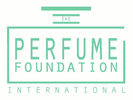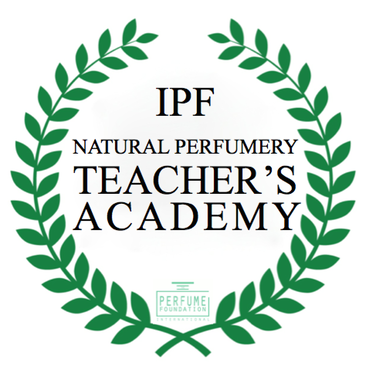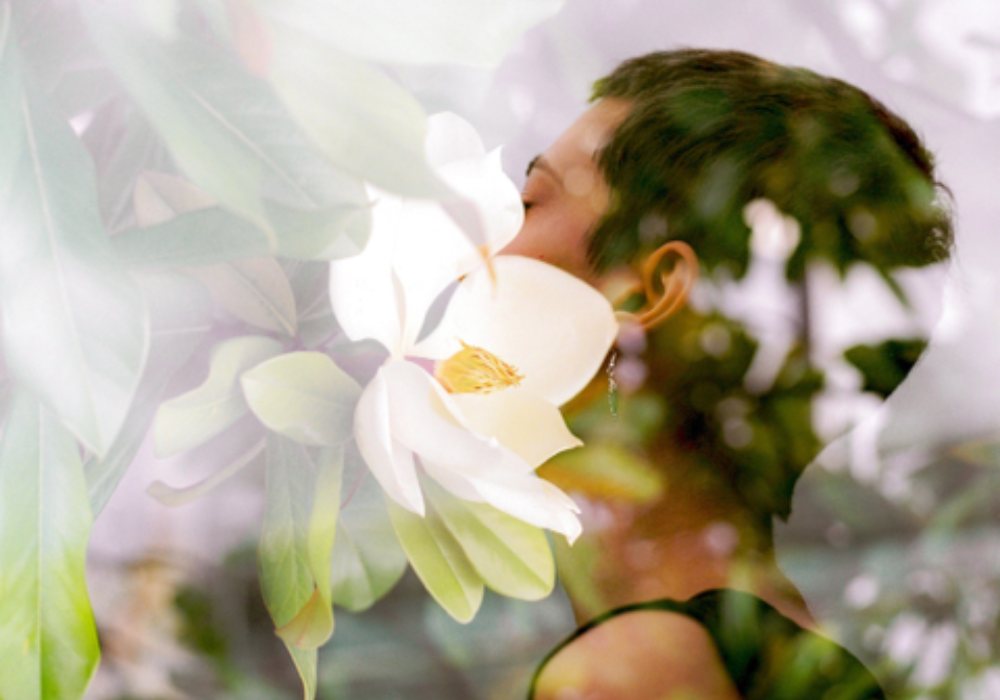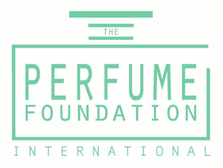|
By Françoise Rapp, Certified Natural Perfumer, Aromatherapist and Aromachologist The term aromachology appeared in the 1980s and it describes the science of the phenomenon that links odors to behavior. We became aware at that moment of this subtle and profound power and above all, how it affects our daily life in all its aspects, from the intimate to the spiritual and the professional. For almost 26 years, I have been composing natural perfumes taking this dimension into account because it seems to me to be inseparable from the mission of the natural perfumer. My training as a naturopath has meant that I have also worked all these years with patients and therefore have seen what the positive effects of smell on emotions are. When we understand the role that smell plays on inner well-being, we understand the need to compose a natural perfume and its olfactory quality as well because it acts powerfully on the sensory memory. The olfactory sense is our most reptilian sense, and it is one of the most powerful because it is linked to our survival. Throughout our lives, we memorize a library of smells that can stay buried for years. The sense of smell is a sense outside the notion of time/space. Therefore, we can have a reaction linked to the very old memory of a person, a place, a situation when we feel a specific scent that reminds us of this. We can even smell so-called “ghost” smells just by reliving this memory. In a fragment of a second we travel in time and in an emotion that we thought had been forgotten. Smell: a Mental Representation For a molecule to become an odor, a brain is needed. According to Pierre-Marie Lledo, co-director of the Genes, Synapses and Cognition laboratory, our brain establishes olfactory maps from the combination of receptors activated by such and such a molecule. These cards work like a kind of QR code and allow each chemical stimulus to be associated with a mental representation: the smell. The latter is malleable and evolves according to our experiences and our culture. The first thing we perceive in a smell is its emotional side I either like it or I don't like it, before we even ask ourselves any other rational question. And if odors awaken in us such clear and intense emotions and memories, it is because the brain areas they activate are intimately connected with those mobilized by emotions: the hippocampus plays the role in long-term memory term: the hard disk that records our learning from the moment we were in our mother's womb. The amygdala plays a fundamental role in decoding our emotions generated by the different situations of our life. For example, it intervenes in behaviors such as fear, pleasure, or memory. The septal nucleus plays a role in controlling emotions and in feelings of pleasure, it is directly linked to the sense of smell. Aromachology, a Global Approach to Smell and Feel
This intrinsic link between smells and emotions has been questioned by many scientists who have tested its benefits. Some, like Dr. Aubert, say they know that certain smells can elicit emotional responses capable of transiently increasing the release of certain brain mediators such as serotonin, which promotes a positive mood and builds a state of well-being. Therefore, aromachology and products composed of natural plant essences have great power on the inner well-being of the person. This approach can be broken down into different types of products: from natural perfumes with an alcoholic or non-alcoholic base, to perfumed creams and balms for the body, to home fragrances, candles and even incense, to hygiene products and natural cosmetics. The market clearly shows that for two years during the pandemic period, the new consumer has been looking for sensory experiences in addition to product efficiency. They want an immersion in Nature which brings them benefits for their well-being. Beyond the Knowledge of Natural Essences As a creative perfumer, it is essential to acquire knowledge of the aromachological virtues of natural essences on the psyche since their action on the emotions is proven. This dimension adds to our responsibility as creators towards the consumer. Aromachology stands beyond natural perfumery and a simple pleasant scent and even a trained natural perfumer should be aware of it. Here is how natural essences act by simple olfaction. From their liquid state, by chemical reaction in contact with air, they are transformed into etheric gas. Volatile, by their infinitely small and light molecules, they bring to a quantum level a vibratory frequency which, like the photon, carries information. This information is a natural principle or intelligence of nature which has a function, here in this case properties. Therefore, a natural perfume has a dimension far beyond that of simply “smelling good”; it can be balanced and effective or it can be dissonant because certain raw materials will contradict each other. This olfactory dissonance is often unknown to the natural perfumer but not to the aromachologist. When composing the perfume, we set a clear objective on the result or the effect that is desired. From this, stem the selection of each ingredient that will compose it. Aromachological benefits can be substantiated in marketing materials and product claims. Creating natural perfumes, whatever their final form, requires, in my opinion, a knowledge of aromachology. Therefore, it seems to me necessary that knowing the olfactory and aromachological qualities of natural essences is essential for a natural perfumer It is obvious that they must master the sensory dimension and the virtues that their perfume will have on the emotions of the consumer. You can now learn and deepen your knowledge in the new aromachology course which starts on January 9th. It will be taught every first Monday of every month. Register for the course Access to the Aromachology Level 1 Masterclass
0 Comments
|
Archives
March 2024
Categories
All
|
- Home
- About
- Why choosing us
- Mission
- Academicians
- IPF Certification
-
COURSES
-
MASTER CLASSES
- Teaching Methodology
- Natural Raw Material Extraction Methods >
- Natural Candle Making
- Healing Gardening
- Sustainable Oud MasterClass
- World Perfume History Master Class
- Scent Design and Formula Building >
- Fragrant Botany & Chemistry >
- Perfume Design, Concept and Storytelling
- French Natural Aromachology #1
- French Natural Aromachology #2
- Olfaction Training for Children
- Accords - Musks
- Accords - Chypre
- Accords - White Florals 1
- Accords - Fougeres and Aromatics
- FRAGRANCE DEVELOPMENT
- SPEAKERS
- EXHIBITIONS
- Partners
- Blog
- Contact




 RSS Feed
RSS Feed
